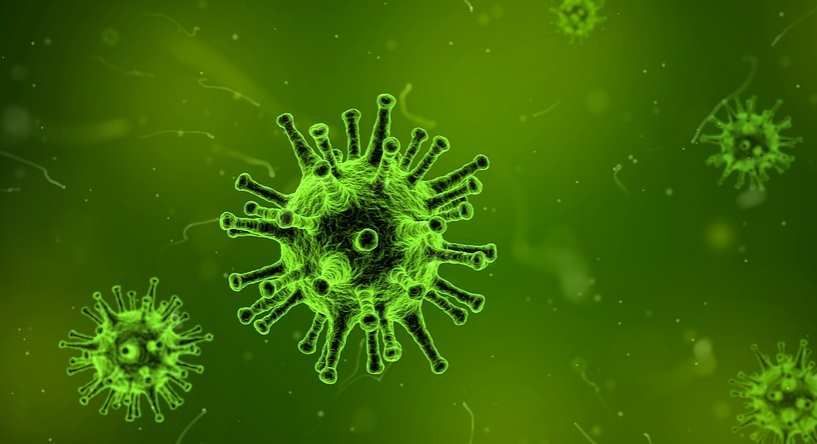Almost 1500 new viruses identified
An international team of researchers from Australia and China has identified nearly 1,500 new viruses. Scientists in their work have focused on invertebrates and it is in them that masses of new species of. By the way, the study has made scientists aware of the fact that there is still a lot to discover in this field.
Virologists have long suspected that our knowledge in this area is very sparse. The efforts of scientistsóare limited only to those virusesóin whichóThe Guardian shows that the richness and diversity of the world'sócan be easily cultured in the laboratory. Research to identify these microscopic parasitesów np. invertebratesóare rare, and this study has contributed to the identification of nearly 1500 new virusesów.
RóThe diversity of life on Earth is enormous. The same is true in a world thatóthat we can't see with the naked eye, that is, in the world of virusesów. These organisms are ubiquitous, and it turns out we only know a small fraction.
Researchers in search of new generaów virusóinvertebrates. Invertebrates are the most importantómów hen a creature thatóthey have no backbone. This group includes, for example. snails, spiders and worms of all kinds. SomeóSome of them can carry viruses thatóthat are dangerous to humans. Dengue and Zika, for example.
– We found that most of the virusesóin, whichóthat infect vertebrates – including humans, such as those thatóThe blame for this lies with humans, leading to well-known diseasesób, like the flu – actually come from an invertebrateów – said Professor Edward Holmes of the University of Sydney, whichóry was involved in an international research team.
Teamóand the specialised diseasesóThe Guardian has studied 220 speciesóin aquatic and terrestrial invertebratesóin inhabiting China. Scientists have obtained a mass of data, after whichóAlmost 1,500 new species have been identifiedóin virusesów.
– This remarkable study has provided the largest discovery in virology to date – said Professor Elodie Ghedin of New York University. – Undoubtedly, it restructures our view of the worldów – added.
The work of a team of researchers from Australia and China provides us with new knowledge about virusesów. It shows that the abundance and róThe diversity of their world is enormous.
